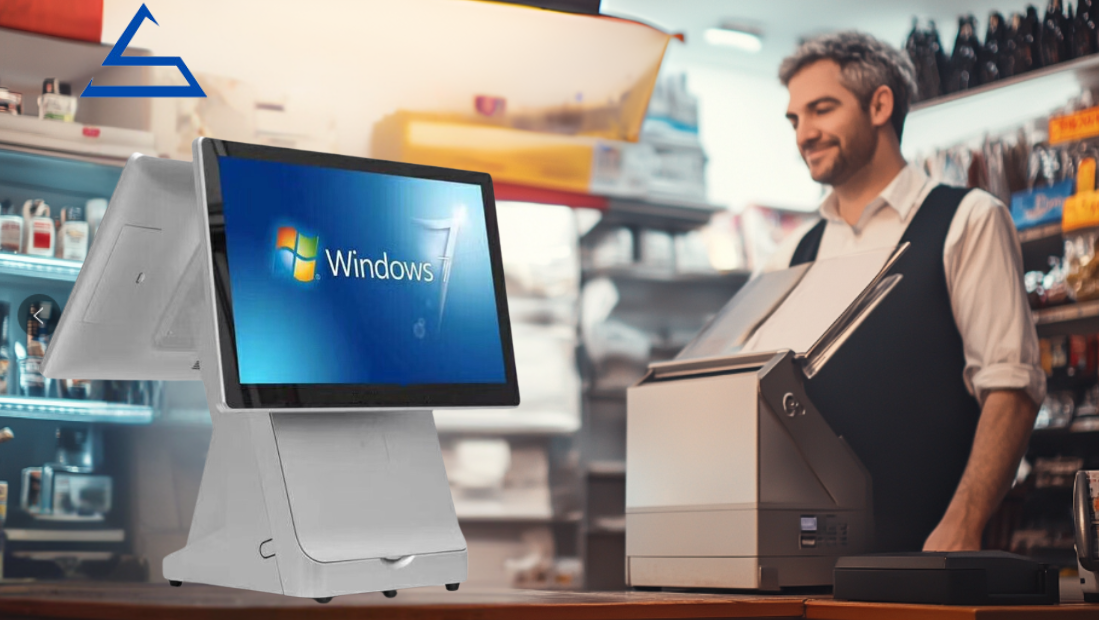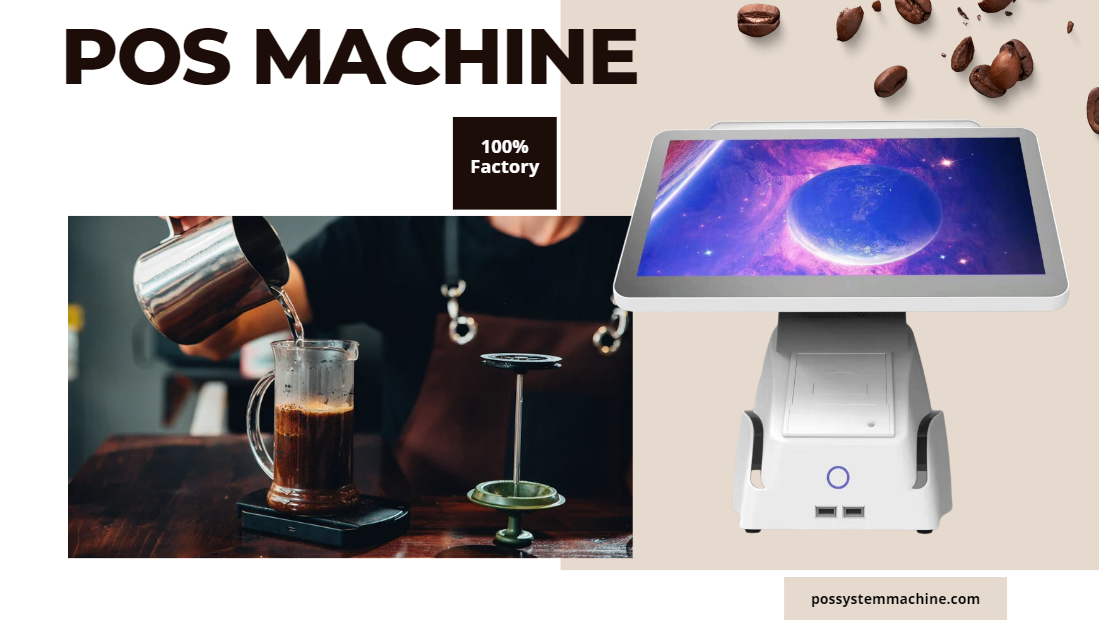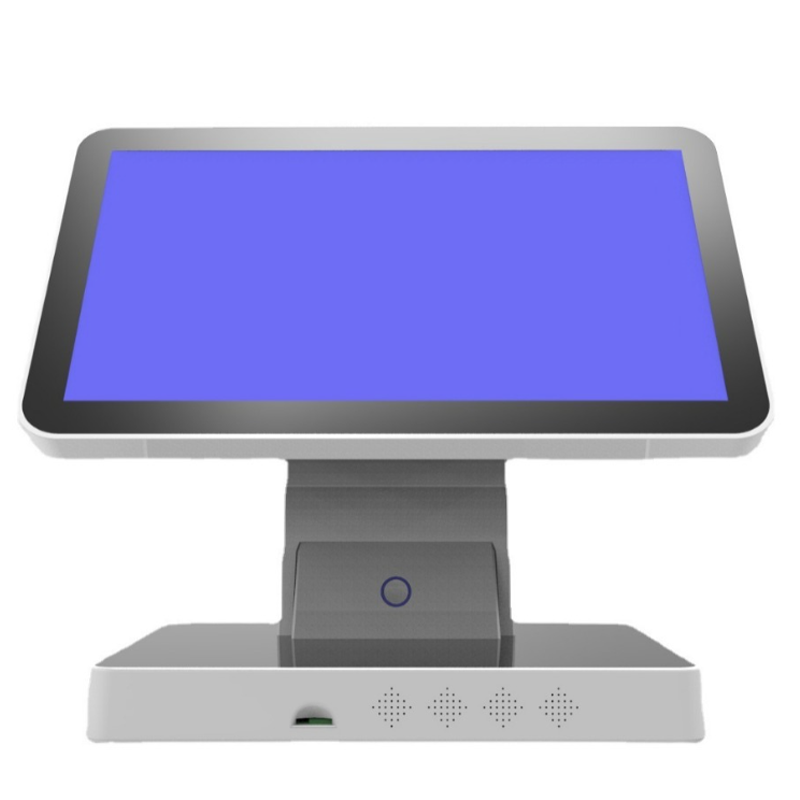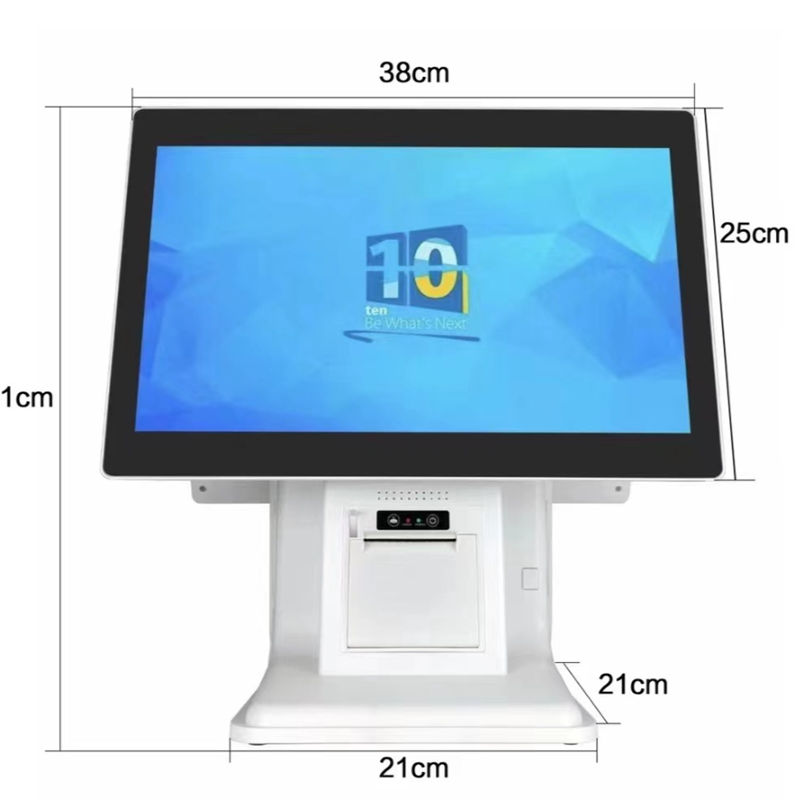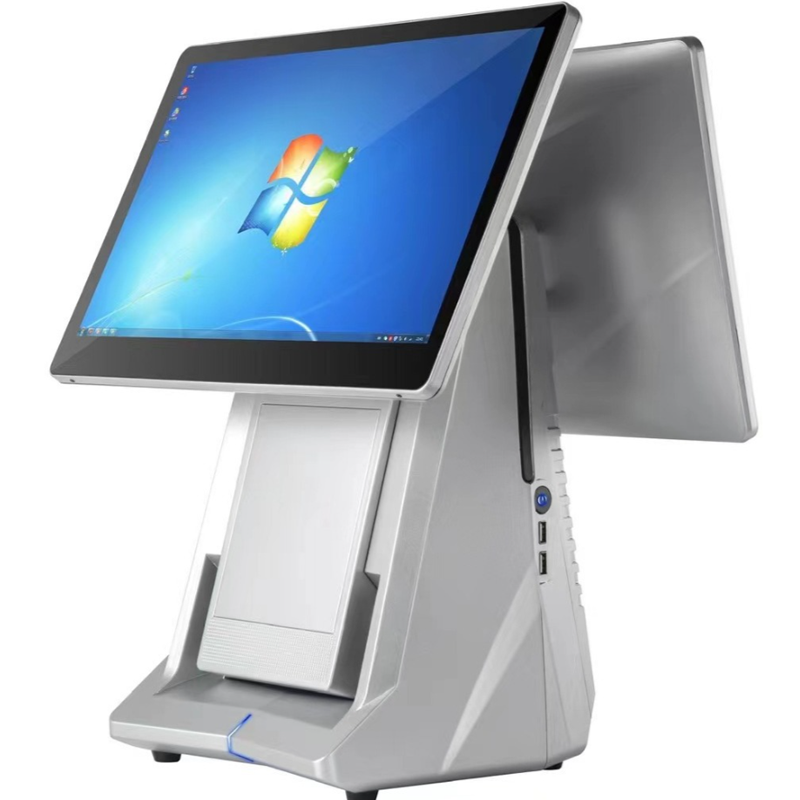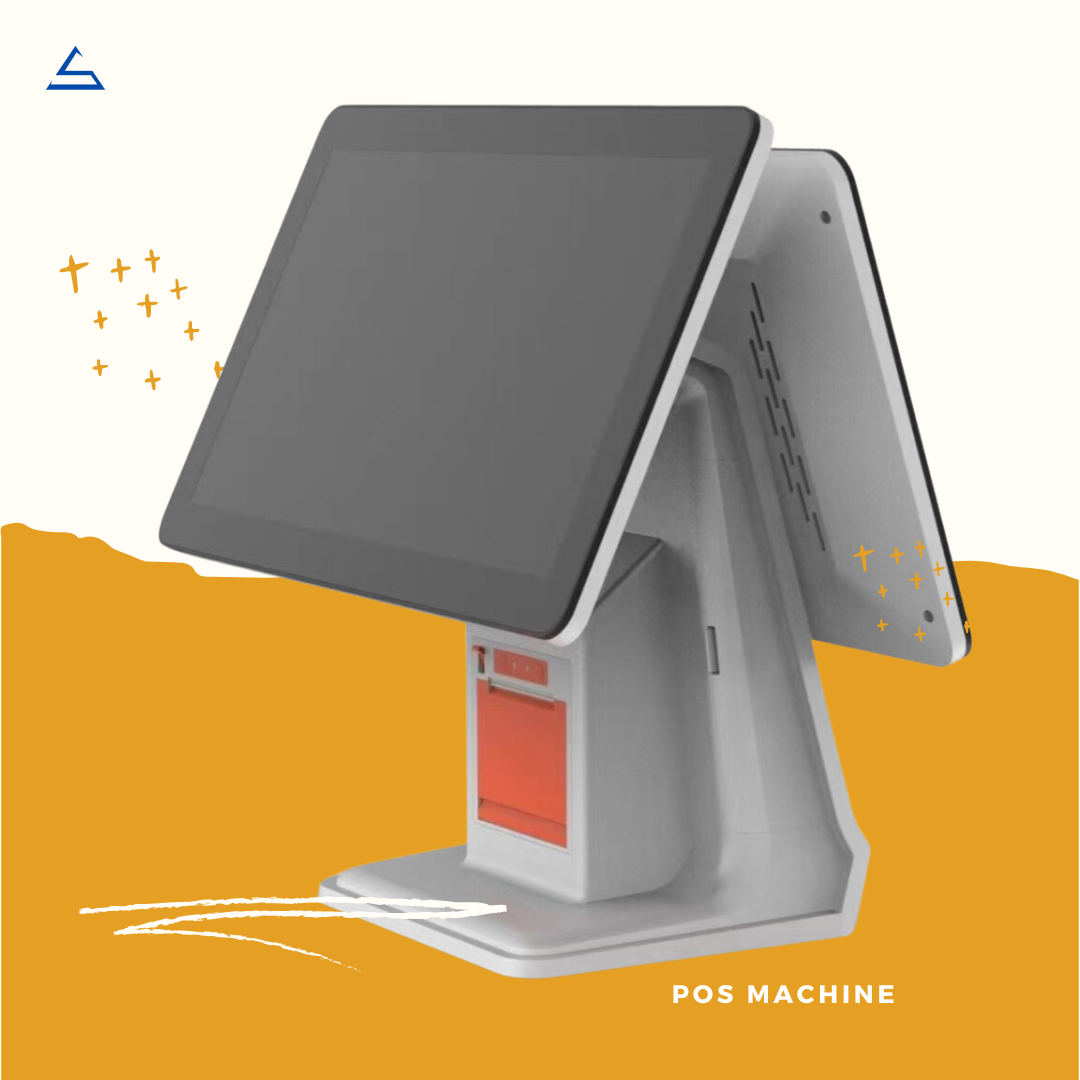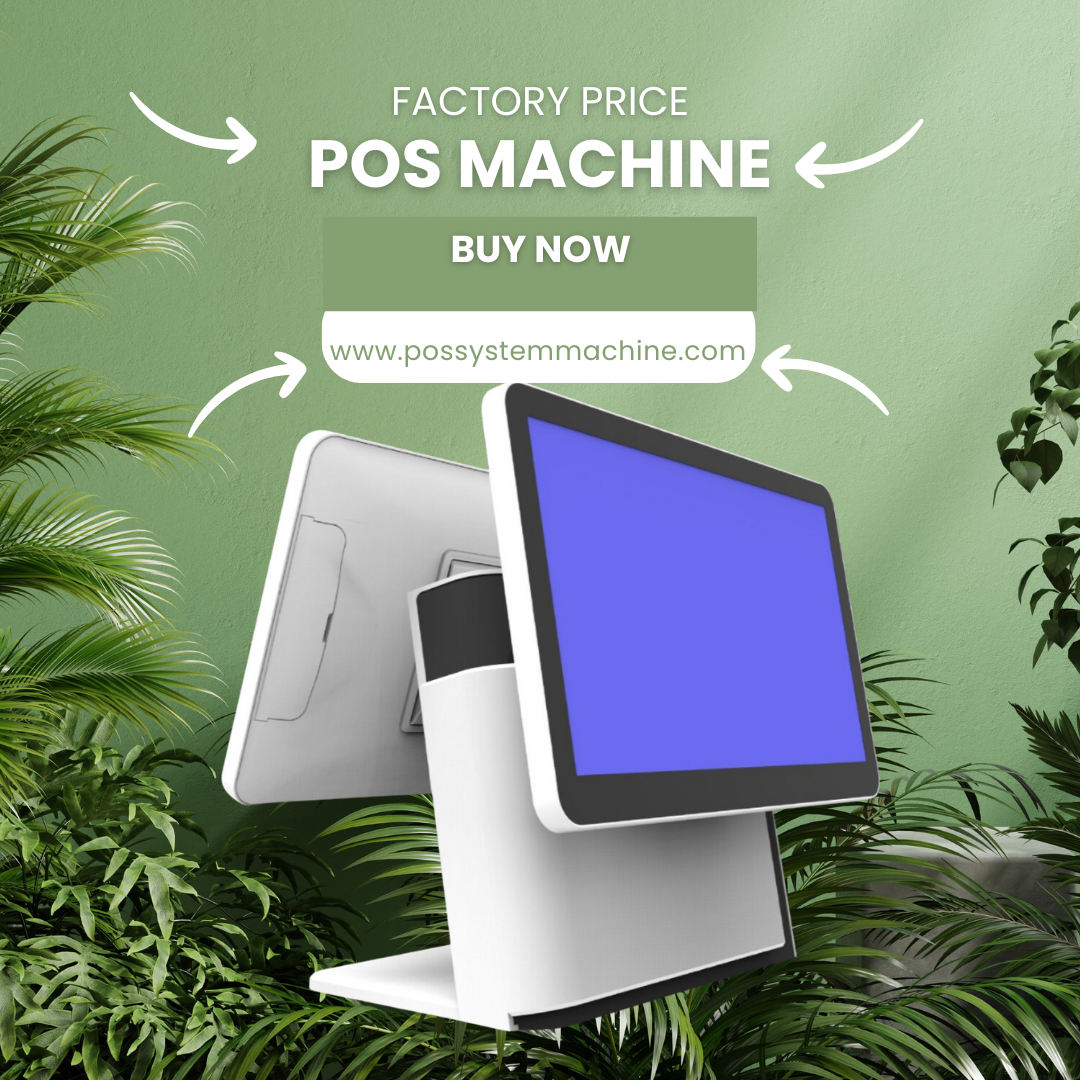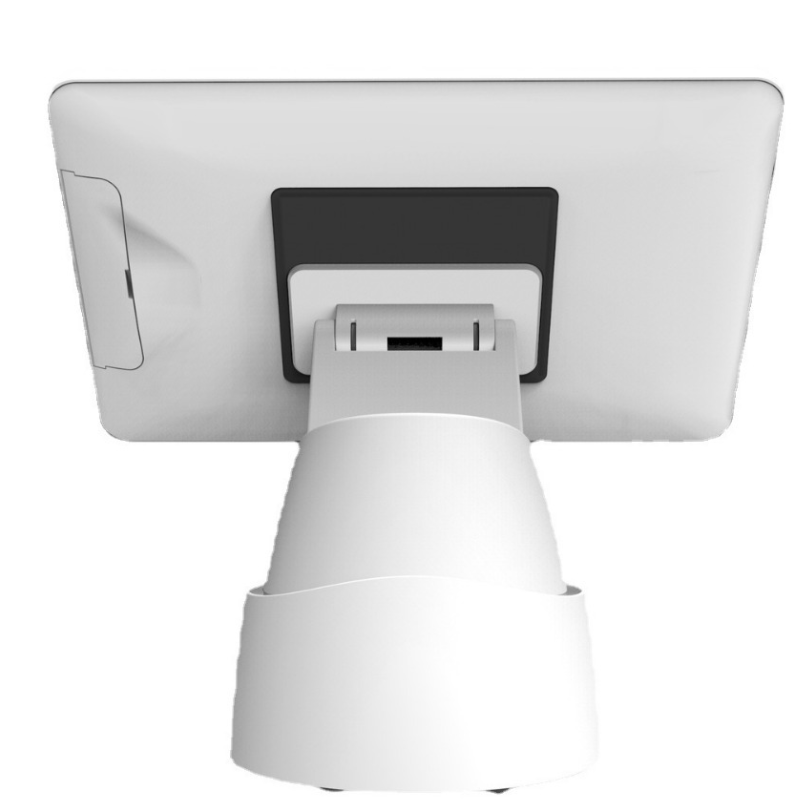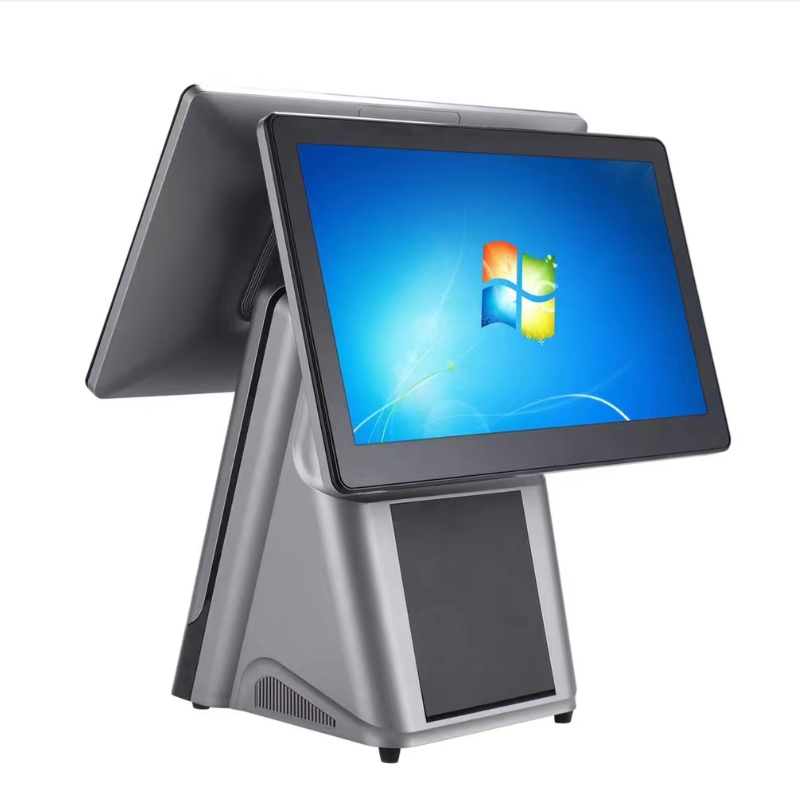how do retail pos systems work
Table of Contents
Summary
Point of sale (POS) systems are the backbone of modern retail operations, revolutionizing how businesses manage transactions, inventory, and customer relationships. This comprehensive guide will explore the inner workings of retail POS systems, their key components, and the numerous benefits they offer to businesses of all sizes. Whether you’re a small shop owner or managing a large retail chain, understanding POS technology is crucial for streamlining operations and enhancing the customer experience.
What Is a Retail POS System and How Does It Work?
A retail POS system is a combination of hardware and software that enables businesses to process sales transactions, manage inventory, and collect valuable data about their operations. But how exactly does a POS system work?At its core, a POS system acts as the central hub for all sales-related activities in a retail store. When a customer brings items to the checkout, the cashier scans the barcodes or manually enters the product information into the system. The POS software then calculates the total, applies any discounts or taxes, and processes the payment through integrated payment terminals.Behind the scenes, the POS system is doing much more than just processing the sale. It’s updating inventory levels in real-time, recording customer information for loyalty programs, and generating data that can be used for business analytics and reporting.
What Are the Key Components of a POS System?
A typical retail POS system consists of several essential components:
- Hardware: This includes the physical devices used to process transactions, such as:
- Cash register or computer terminal
- Barcode scanner
- Receipt printer
- Card reader or payment terminal
- Cash drawer
- Software: The POS software is the brain of the system, managing all aspects of the sales process and integrating with other business systems. It typically includes features for:
- Inventory management
- Sales reporting and analytics
- Customer relationship management (CRM)
- Employee management and scheduling
- Network connectivity: Modern POS systems often rely on internet connectivity to sync data across multiple locations, process online payments, and enable cloud-based features.
How Do Cloud-Based POS Systems Differ from Traditional Systems?
Cloud-based POS systems have gained popularity in recent years due to their flexibility and scalability. Unlike traditional on-premise systems, cloud-based solutions store data and run software on remote servers, allowing businesses to access their POS system from anywhere with an internet connection.Some key advantages of cloud-based POS systems include:
- Lower upfront costs
- Automatic software updates and maintenance
- Easy scalability for growing businesses
- Real-time data synchronization across multiple locations
- Enhanced security and data backup
However, cloud-based systems do require a stable internet connection to function optimally, which may be a consideration for some businesses.
What Types of Businesses Benefit Most from POS Systems?
While POS systems are commonly associated with retail stores, they can benefit a wide range of businesses, including:
- Restaurants and cafes
- Salons and spas
- Small businesses and startups
- E-commerce businesses
- Service-based businesses (e.g., auto repair shops, dry cleaners)
Each industry may have specific POS needs, and many providers offer specialized solutions tailored to different business types.
How Much Does a POS System Cost?
The cost of a POS system can vary widely depending on the size of your business, the features you need, and whether you choose a traditional or cloud-based solution. Generally, you can expect to pay for:
- Hardware costs (one-time purchase or lease)
- Software licensing fees (monthly or annual)
- Payment processing fees
- Installation and training costs
For small businesses, a basic POS system might cost anywhere from $1,000 to $3,000 for hardware, plus monthly software fees ranging from $50 to $200. Larger businesses with multiple locations or more complex needs may invest tens of thousands of dollars in their POS infrastructure.It’s important to consider the long-term value a POS system can provide in terms of improved efficiency, better inventory management, and enhanced customer service when evaluating the cost.
What Are the Benefits of Using a POS System?
Implementing a POS system can offer numerous advantages for retail businesses:
- Improved accuracy: By automating many aspects of the sales process, POS systems reduce human error in pricing, inventory tracking, and financial reporting.
- Enhanced efficiency: POS systems streamline checkout processes, reducing wait times and improving the overall customer experience.
- Better inventory management: Real-time inventory tracking helps businesses avoid stockouts and overstocking, optimizing their inventory levels.
- Data-driven decision making: POS systems generate valuable insights into sales trends, customer behavior, and product performance, enabling more informed business decisions.
- Improved customer relationships: Many POS systems include CRM features that help businesses track customer preferences and purchase history, facilitating personalized marketing and loyalty programs.
- Simplified accounting: Integration with accounting software can automate financial reporting and tax preparation processes.
- Scalability: Modern POS systems can easily adapt to growing businesses, supporting multiple locations and expanding product lines.
How Do POS Systems Handle Different Payment Methods?
One of the key functions of a POS system is to process various types of payments. Modern POS systems are designed to handle:
- Cash transactions
- Credit and debit card payments
- Contactless payments (e.g., Apple Pay, Google Pay)
- Gift cards and store credit
- Mobile payments
- Checks
POS systems integrate with payment processors to securely transmit transaction data and ensure compliance with payment card industry (PCI) standards. This integration also allows for features like split payments, partial refunds, and tip adjustments in service-based businesses.
What Security Features Do POS Systems Offer?
Security is a critical concern for any business handling sensitive customer and financial data. Modern POS systems incorporate several security features to protect against fraud and data breaches:
- Encryption of customer data and payment information
- User authentication and access controls
- PCI DSS compliance
- Regular software updates to address security vulnerabilities
- Fraud detection algorithms
- Secure cloud storage for data backup and recovery
It’s important for businesses to regularly review and update their POS security measures to stay ahead of emerging threats.
How Can a POS System Improve Customer Experience?
A well-implemented POS system can significantly enhance the customer experience in several ways:
- Faster checkout: Streamlined processes and efficient payment handling reduce wait times at the register.
- Personalized service: CRM features allow staff to access customer purchase history and preferences, enabling more personalized recommendations and service.
- Loyalty programs: Many POS systems include built-in loyalty program features, making it easy for customers to earn and redeem rewards.
- Flexible payment options: By accepting various payment methods, businesses can cater to customer preferences and convenience.
- Accurate inventory information: Real-time inventory tracking helps prevent the frustration of out-of-stock items.
- Email receipts: Digital receipt options reduce paper waste and provide customers with easy access to their purchase history.
What Should Retailers Look for When Choosing a POS System?
Selecting the right POS system is crucial for the success of your retail operation. Here are some key factors to consider:
- Ease of use: The system should be intuitive for both staff and managers to minimize training time and errors.
- Scalability: Choose a system that can grow with your business and support multiple locations if needed.
- Integration capabilities: Ensure the POS system can integrate with your existing tools for accounting, e-commerce, and marketing.
- Reporting and analytics: Look for robust reporting features that provide actionable insights into your business performance.
- Customer support: Reliable technical support is crucial, especially for businesses that operate outside standard business hours.
- Mobile capabilities: Consider whether you need mobile POS functionality for pop-up events or line-busting during busy periods.
- Customization options: The ability to tailor the system to your specific business needs can be valuable as your operations evolve.
- Cost: Evaluate the total cost of ownership, including hardware, software, and ongoing fees, to ensure it fits within your budget.
How Are POS Systems Evolving with New Technology?
The world of POS systems is constantly evolving, with new technologies shaping the future of retail operations. Some emerging trends include:
- AI and machine learning: Advanced analytics and predictive modeling are being incorporated into POS systems to provide deeper insights and automate decision-making processes.
- IoT integration: Internet of Things (IoT) devices are being integrated with POS systems to enhance inventory tracking and improve the shopping experience.
- Augmented reality (AR): Some retailers are experimenting with AR-enabled POS systems that allow customers to visualize products in real-world settings before purchase.
- Biometric authentication: Facial recognition and fingerprint scanning are being explored as secure alternatives to traditional payment methods.
- Blockchain technology: Some POS providers are investigating the use of blockchain for secure, transparent transactions and supply chain management.
As these technologies mature, we can expect POS systems to become even more powerful tools for retail businesses, offering unprecedented levels of efficiency, security, and customer insight.
Tags
Product
Blog
Contact Us
Related Products
Frequently asked questions about wood box manufacutring

